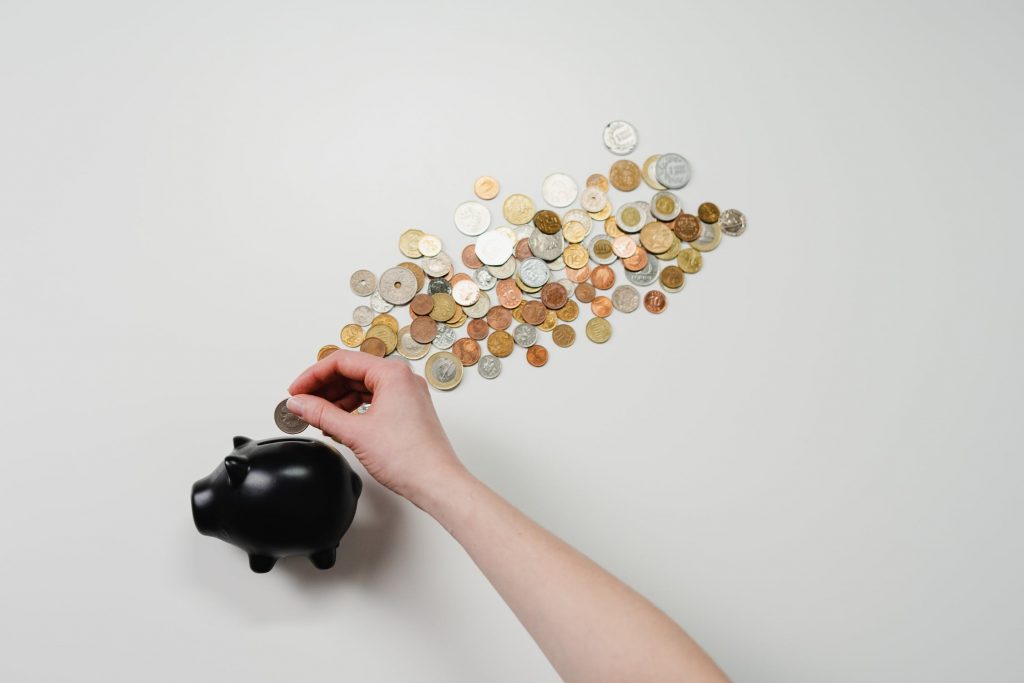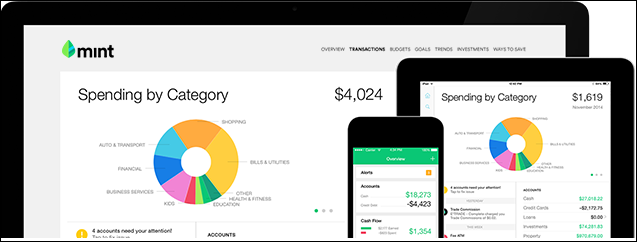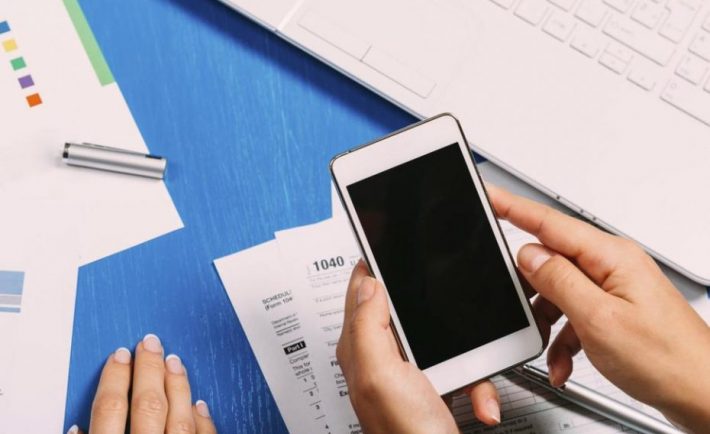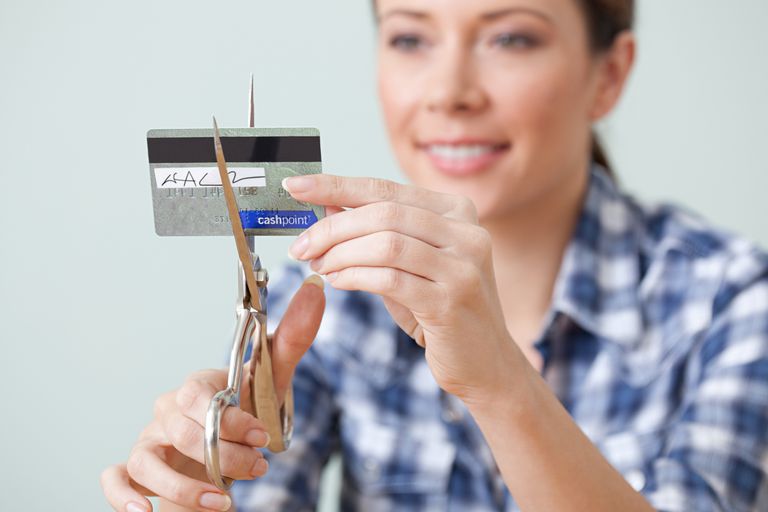
If you’re ready to see the back of 2020, you’re not alone. This has been the worst or most difficult year that many of us have experienced in a long time. Why? Well, the advent of a worldwide pandemic is largely to blame. Back at the start of the year, many of us were gearing up for 12 months like any other. We had plans. We had events and holidays booked. Most of us had stable jobs with a guaranteed income. But by March, all of this began to turn on its head. The spread of coronavirus and Covid-19 around the world has wrought chaos and havoc.

This is a contagious virus that results in a potentially deadly disease, so governments across the globe have had to take measures to slow its spread – no matter how detrimental that may have been on the world economy. The results? Many companies have declared bankruptcy or dissolved. Many people have lost their jobs. A huge number of us are struggling to pay the bills. If you fall into this bracket, you join many and you may be finding that you’re beginning to struggle a little financially. Whether that’s because you’ve become employed, been made redundant, had to accept shorter working hours, or had to accept a lower salary than usual. There are, however, a few things that you can do to get by a little more easily. Here are a few main areas of focus.
Create a New Budget

Many of us have found that our financial situations have changed over this past year – most commonly for the worst. Whether you’ve experienced a major change in finances or a small one, it’s absolutely essential that you create a new budget each and every time you experience a change to your income of any sort. Everyone in the world – no matter they are and no matter how much money they have – needs a budget to determine what they can spend without plunging into debt. So, now is a good time to create a new one for yourself. Put simply, a budget comes hand in hand with a few steps. You figure out how much you earn, how much of that figure you take home, how much you need to put aside for your bills and other essential costs. Finally, you’re left with a figure called your “disposable income” which is basically the leftover money that you have available to you to spend in whatever way you see fit. This could be on luxury purchases, investments, putting it into savings or anything else. You could even put your extra money into stocks and shares to maximise the amount you have available. This sounds complex, but apps like Pepperstone can really help to simplify things. Failing to have a budget can see you struggling to manage your finances properly, misspending and ultimately experiencing debt, which can be particularly difficult to get out of if you are struggling for money anyway. So, let’s take you through each step to make sure that you rebudget as best possible.
Know Your Salary or Total Income
First, you’re going to have to note down your salary or total income. This is all of the money that you receive in a year. Most jobs will write your salary down on your contract. If you’re a freelancer, you can figure a rough average of your annual trading takings.
Work Out Your Total Income After Tax
Next, you need to work out your total income after tax. Everybody has to pay tax when they exceed the tax free allowance. When you hit the tax free allowance, you will have to start deducting tax from your wages. If you’re an employee, your employer will do this on your behalf before paying you your wages. If you’re self employed, you’ll have to take this money out of money you’re paid and keep it aside for the end of the fiscal year. The amount of tax you have to pay will depend on the tax bracket you fall into. People who earn more will generally pay a larger percentage tax on their income.There are plenty of resources out there that will let you know which tax bracket you fall into. There are also free to use tax calculators that can show you how much tax you should be paying.
Take Away Essential Costs
When you have your take home pay, you need to remember that all of this money isn’t free for you to use exactly as you please. You’re inevitably going to have some sort of costs that need to be paid for you to live a decent quality of life. These are known as “essential outgoings” and tend to include things such as your rent or mortgage payments, essentials payments like council tax, bill payments for energy, water payments you may need to fork out for and a set amount for food shopping. If you require things like broadband or a car for work, these can be added into essential payments too.
Take Away Agreed Payments
Finally, you need to deduct any agreed payments, such as finance payments, insurance payments, credit card payments and loan payments. Anything that you’ve agreed to pay needs to be paid in time to protect your credit score and to prevent issues with bailiffs and other debt collection agencies.
Managing Your Disposable Income
When you’ve deducted all of these costs, you’ll be left with your disposable income. This is the amount that you have left over to pay for things that you want rather than need. During times like this, it may be a good idea to attribute a portion of your disposable income into your savings account. This will give you something to fall back on if times get even tougher in the foreseeable future. This may not feel like the most fun way to spend your disposable income, but it is important and could be the wisest thing to do right now.
Manage Your Debt

Another issue that many people are experiencing during this pandemic (in regards to finances in particular) is debt. Most of us have picked up some sort of debt over this time when things haven’t gone to plan, or when things have proven rough. Many of us also had debt before the pandemic and are now struggling to keep up with agreed payments, as our circumstances have changed. If you have found yourself in either of these scenarios, don’t worry. You can manage your debt and there is a way to overcome it somehow. Here are a few suggestions that could help you to get to grips with debt situations!
Request Payment Holidays
If you are struggling to keep up with payments for any of your debts, it’s absolutely essential that you contact your lender and that you are open and honest with them. All too many people bury their head in the sand, ignoring notices, final notices and more. But this isn’t the way to go. It will simply see situations escalate and you could end up with court costs and fines on top of your outstanding debt too! By being honest with your lender, you may find that they are reasonable and come to some sort of agreement that works better for you in your current circumstances. The vast majority of professional lenders are being pretty flexible right now. You’re not alone in your debt – hundreds of thousands of people are in the same boat. So, lenders are generally recognising that their customers are struggling and are doing what they can to help people avoid sinking into further debt or defaulting on payments. One solution that many lenders are offering is payment holidays. This is common in lenders such as mortgage lenders and car finance agreements lenders. Put simply, a payment holiday is an agreement that allows you to stop paying your monthly payments for an agreed period of time. You will then pay the money later when your situation has improved. For example, if you have a finance plan on a car and you take a six month payment holiday, you will not pay your car finance for the next six months. Instead, your agreement will be extended by six months, so you will make the missed payments at the end of your agreement instead. Sure, this makes paying your complete plan off over a longer period of time, but it could be exactly what you need right now.
Request Interest Holidays
If you’re struggling with debt such as credit card debt, you may find that your credit card provider will offer you an interest holiday. This works in a similar way to a payment holiday – giving you a break from your financial commitment. They will simply freeze your interest and allow you to make your minimum payments without interest added on. This can prevent you missing payments or going over your credit limit, resulting in fewer fines, penalties and fees. You may also be able to negotiate a smaller minimum payment on your cards each month too. Just call up. It’s worth asking. After all – if you don’t ask, you don’t get!
Cut Your Spending

A final area to focus on is cutting your spending. By cutting your spending you maximise your disposable income and can chip away at debts more or put more into your savings. It’s pretty easy to cut non essential spending. But did you know you can reduce the amount you spend on your essential costs too?
- Your Energy Bills – you can save small amounts by making sure you use your energy efficiently, but you can save even more by switching providers for an even better policy!
- Your Insurance Policies – again, switch providers. There are plenty of price comparison sites out there that can help you with this!
- Your Food and Drink – switch branded products for unbranded products. Many people can’t even tell the difference!

Times may well be hard. But at the end of the day, there are ways to get back on your feet. Hopefully, the above advice will help you to get back on track as soon as possible.




